 Shutterstock
Shutterstock
Struggling with your dog can be overwhelming, whether dealing with behavioral issues, training difficulties, or feeling disconnected from your pet. But remember, you’re not alone, and your dog relies on you to help them through these challenges. Like humans, dogs need patience, understanding, and consistency to thrive. With the right approach, even the most difficult behaviors can be improved, and your bond with your dog will grow stronger. Stay committed, calm, and positive; the journey will become more rewarding for you and your dog.
Patience is Key
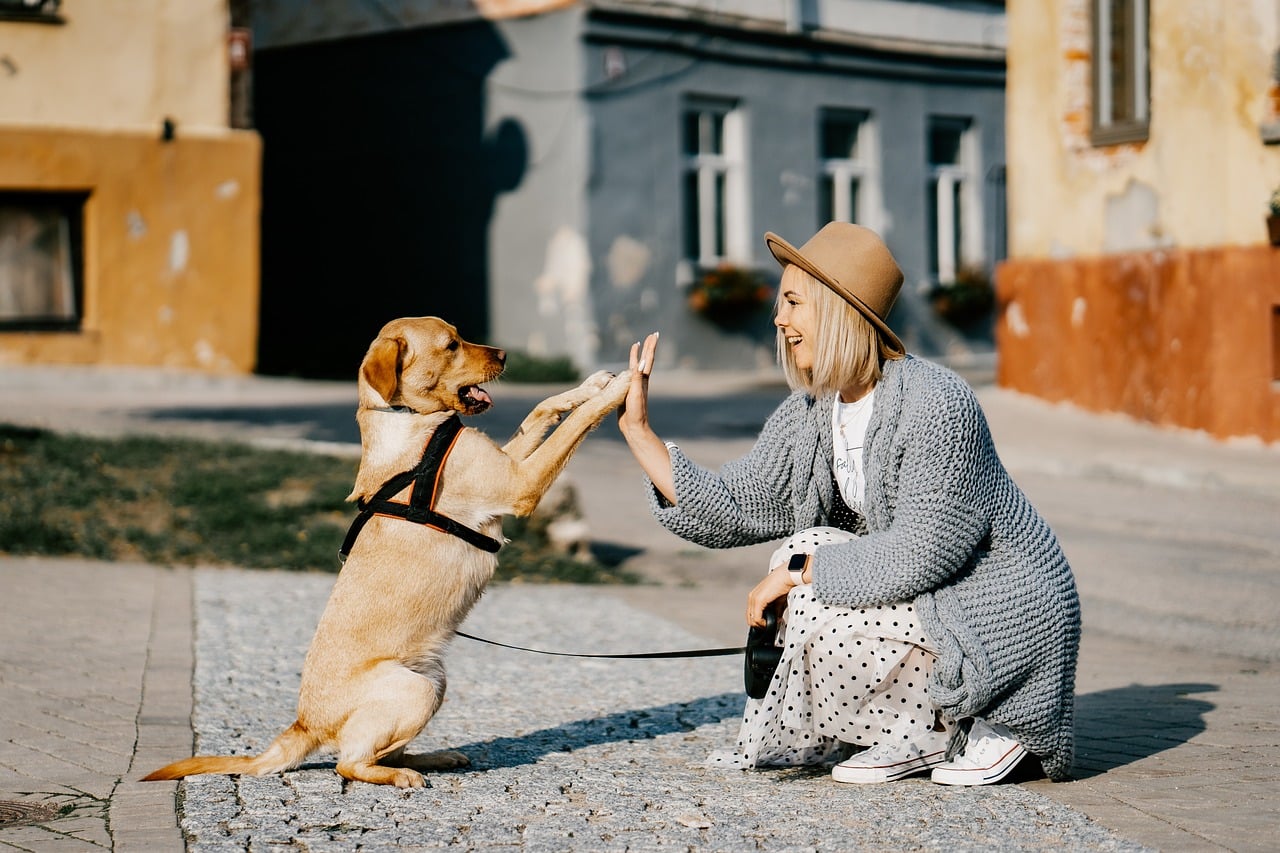 Shutterstock
Shutterstock
When dealing with a difficult dog, it’s easy to become frustrated, but patience is one of the most important things you can practice. Dogs, especially puppies and rescue dogs, take time to learn new behaviors, routines, and expectations. Behavioral changes don’t happen overnight, and it’s essential to approach training with a calm and patient attitude. When you lose patience, your dog can pick up on that frustration, making the situation even more challenging. By remaining patient and consistent, you provide a stable foundation to help your dog understand what’s expected and feel more secure in their environment.
Consistency Builds Confidence
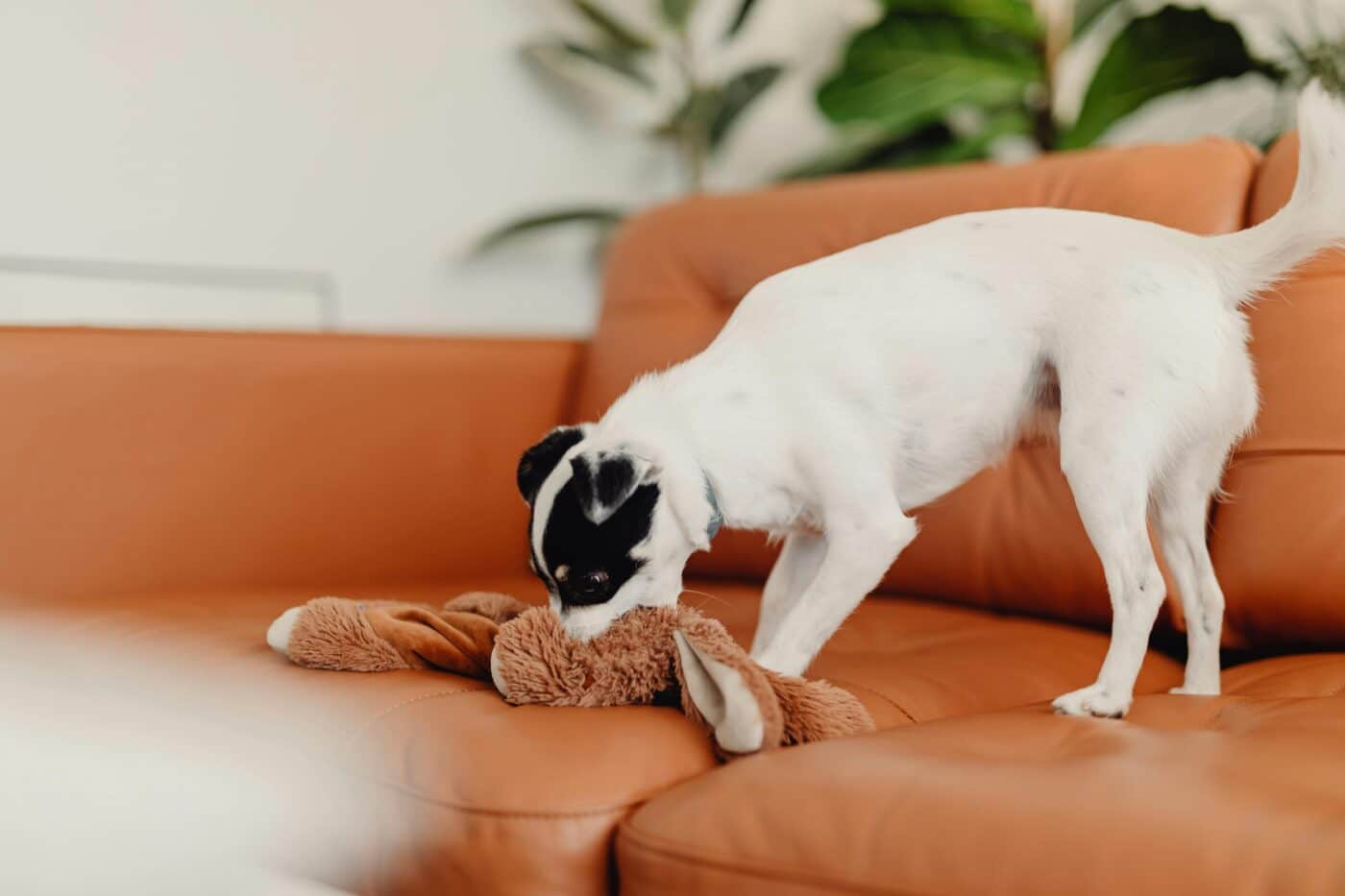 Shutterstock
Shutterstock
Dogs thrive on routine and consistency. When your dog knows what to expect from you, they feel more confident and secure. Inconsistent training or unclear boundaries can lead to confusion and anxiety, which may manifest in undesirable behaviors like barking, chewing, or accidents in the house. Ensure you and everyone in your household follow commands, rules, and rewards. This way, your dog won’t get mixed messages. Consistency isn’t just about training commands; it also means regular walks, feeding times, and play sessions, all of which help your dog feel safe and secure in their daily life.
Exercise Is Essential
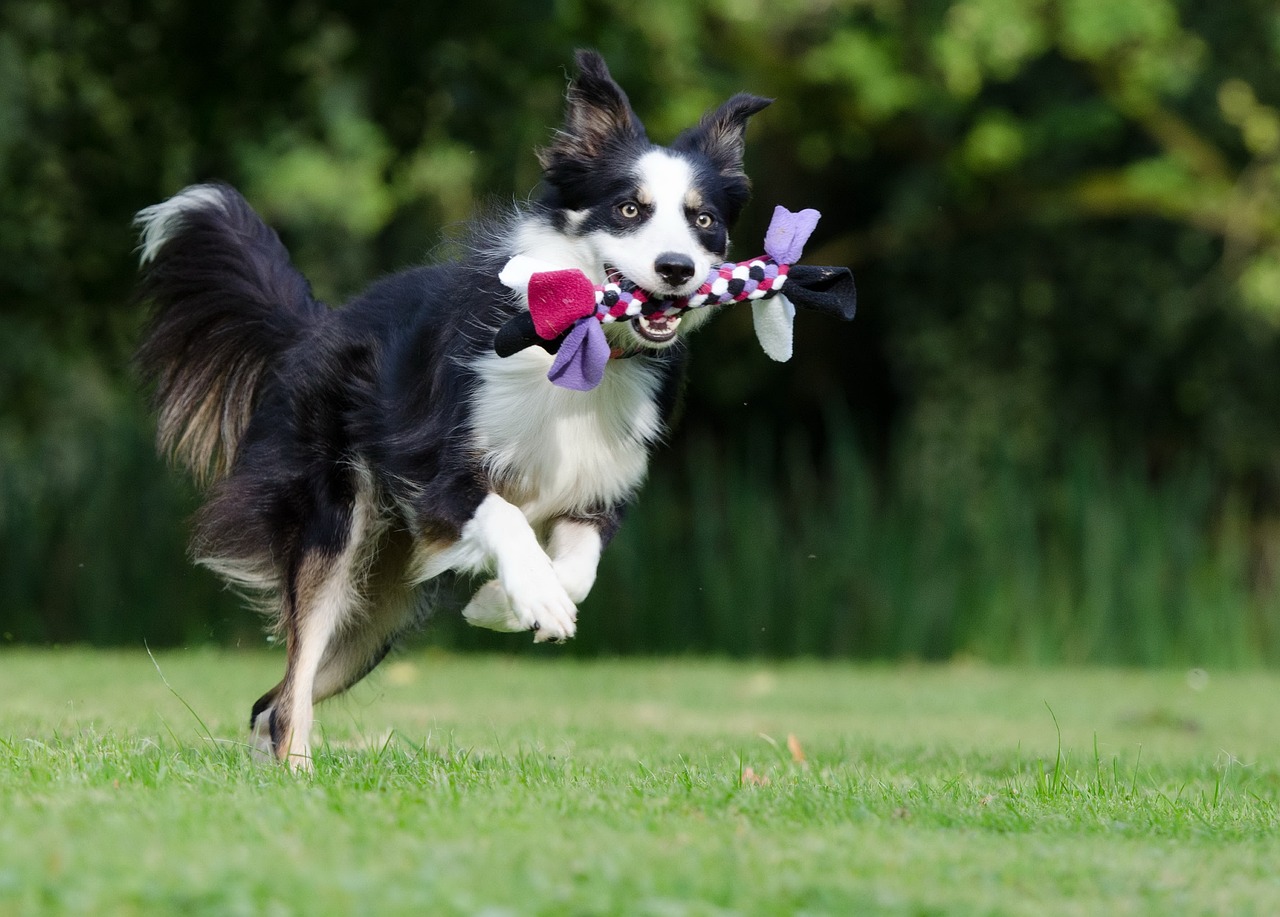 Shutterstock
Shutterstock
A tired dog is a happy dog. Many behavioral problems stem from pent-up energy and boredom, which can be solved by increasing your dog’s daily exercise. Some dogs, especially high-energy breeds like Border Collies or Labradors, require more physical activity than others. If your dog is acting out, they might need more opportunities to burn off energy. Regular walks, play sessions, and mental stimulation through puzzle toys or training exercises can greatly improve your dog’s behavior. Remember, exercise doesn’t just tire out your dog physically—it’s also great for their mental health.
Training Is a Lifelong Commitment
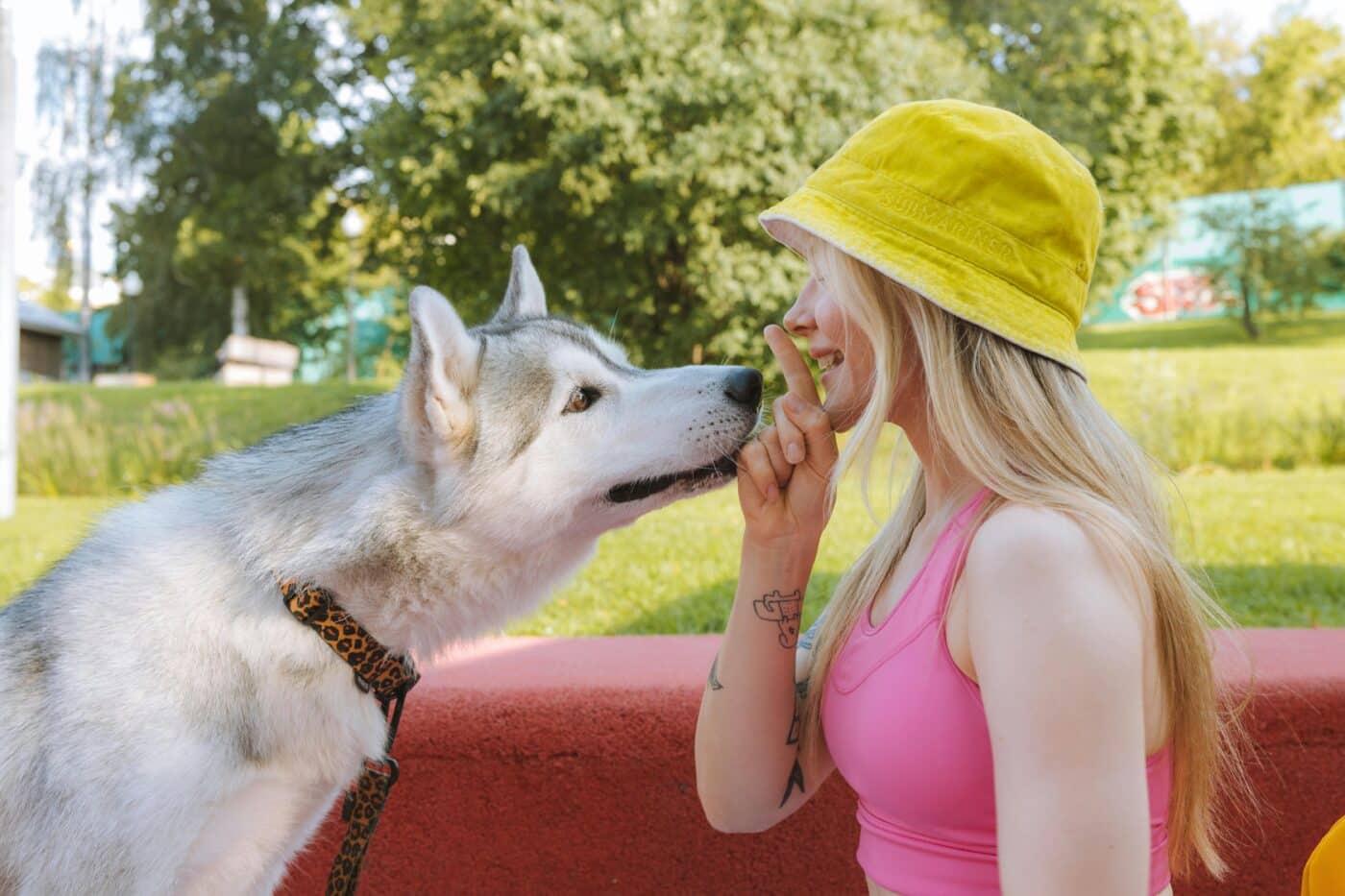 Shutterstock
Shutterstock
Training isn’t something that’s done once and forgotten; it’s a lifelong commitment. Even if your dog has mastered basic commands like sit and stay, ongoing training helps reinforce positive behaviors and strengthens your bond. Training sessions don’t always need to be formal or lengthy. Short, daily training exercises, such as practicing commands during walks or before meals, can keep your dog’s skills sharp and reinforce good behavior. Positive reinforcement, such as treats, praise, or playtime, helps motivate your dog and makes training an enjoyable experience for both of you. Remember, the goal is progress, not perfection, so keep at it!
Seek Professional Help If Needed
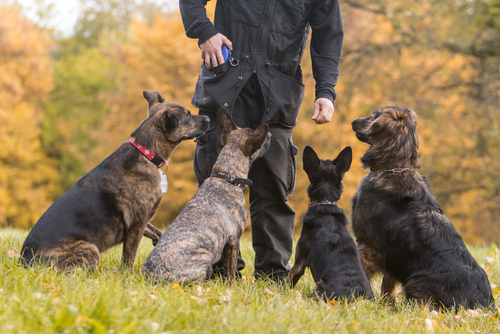 Shutterstock
Shutterstock
If you’re feeling overwhelmed and your dog’s behavior isn’t improving, seeking professional help is okay. Dog trainers or behaviorists can provide valuable insights and strategies tailored to your situation. Every dog is different, and some may need specialized training techniques that you might not know. Professional trainers can work with you to identify the root cause of the behavior and offer solutions that work for you and your dog. Remember, seeking help doesn’t mean you’ve failed—it’s a proactive step to ensure your dog’s well-being and strengthen your relationship.
Understand Your Dog’s Body Language
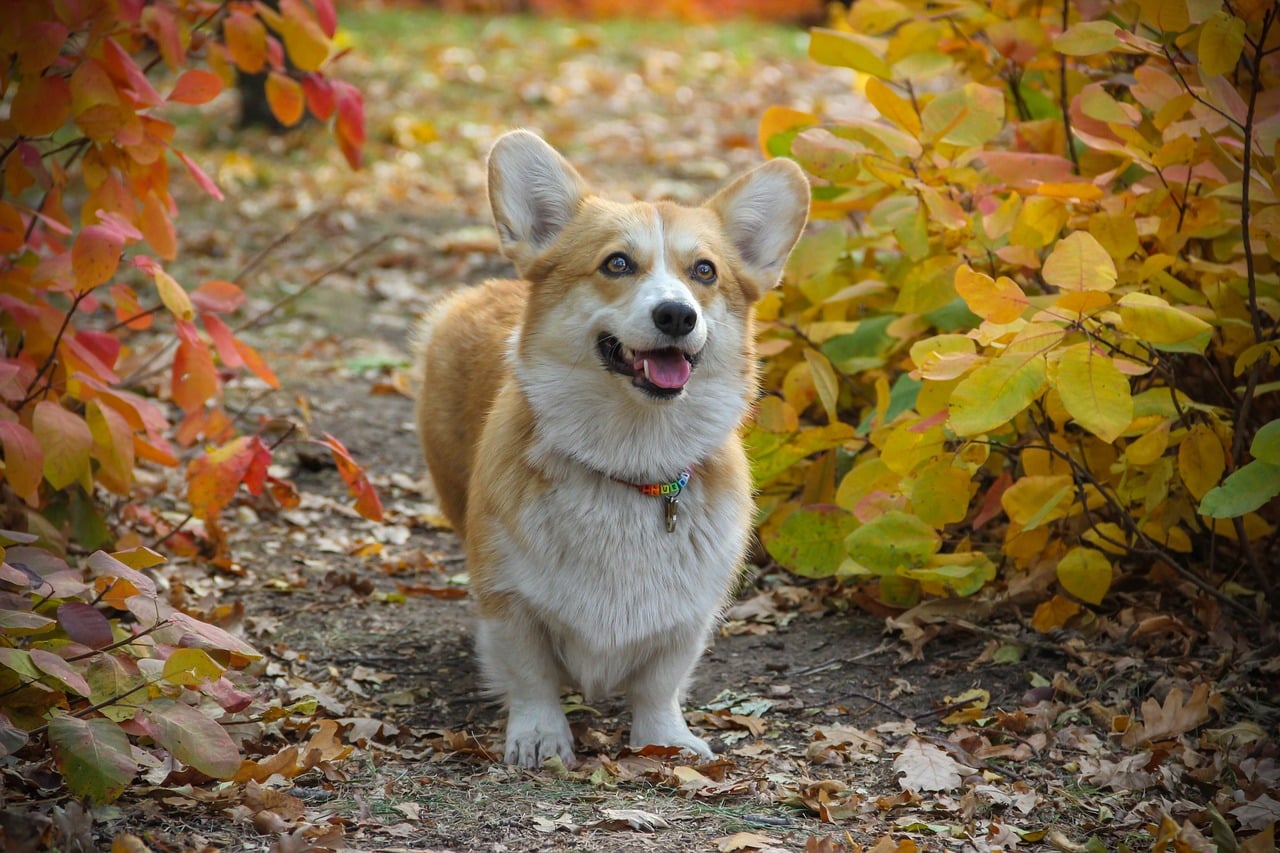 Shutterstock
Shutterstock
Dogs communicate primarily through body language, and understanding what your dog is trying to tell you can make a huge difference in how you approach challenges. Signs of stress, fear, or discomfort, such as lip licking, yawning, or tail tucking, can help you recognize when your dog is overwhelmed. Conversely, relaxed body language, wagging tails, and playful behaviors indicate that your dog is comfortable and happy. By tuning into these signals, you can adjust your training approach or give your dog a break when needed. Understanding your dog’s body language will help you respond more appropriately to their needs.
Build Trust Through Positive Reinforcement
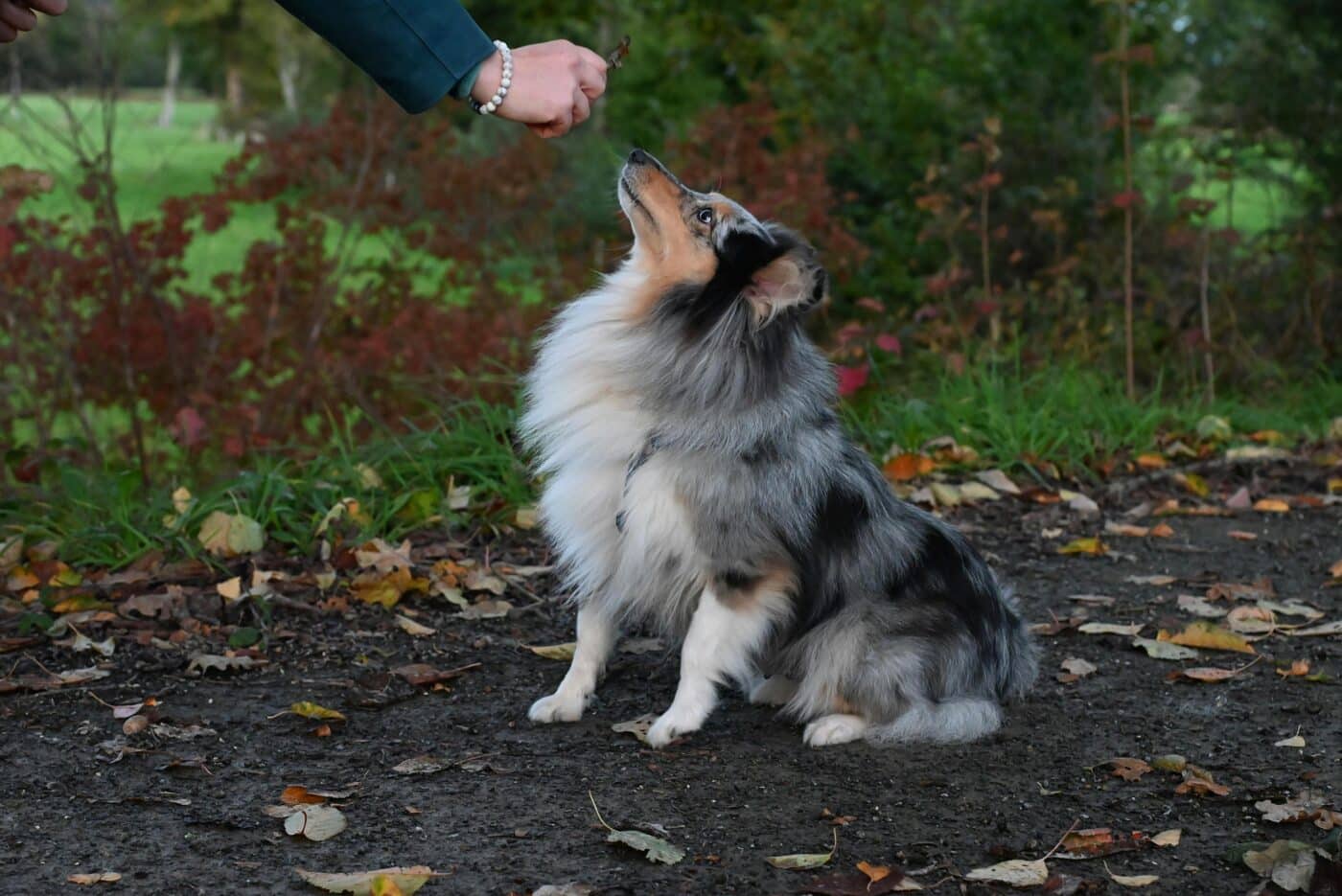 Shutterstock
Shutterstock
One of the best ways to overcome struggles with your dog is to build trust through positive reinforcement. Rewarding your dog for good behavior with treats, praise, or playtime helps them associate positive actions with positive outcomes. Avoid using punishment or harsh methods, as this can damage the trust between you and your dog and lead to fear or anxiety. Positive reinforcement encourages your dog to repeat good behaviors and strengthens your bond. Whether working on basic obedience or addressing more challenging issues, reinforcing the good will yield better results.
Don’t Forget Mental Stimulation
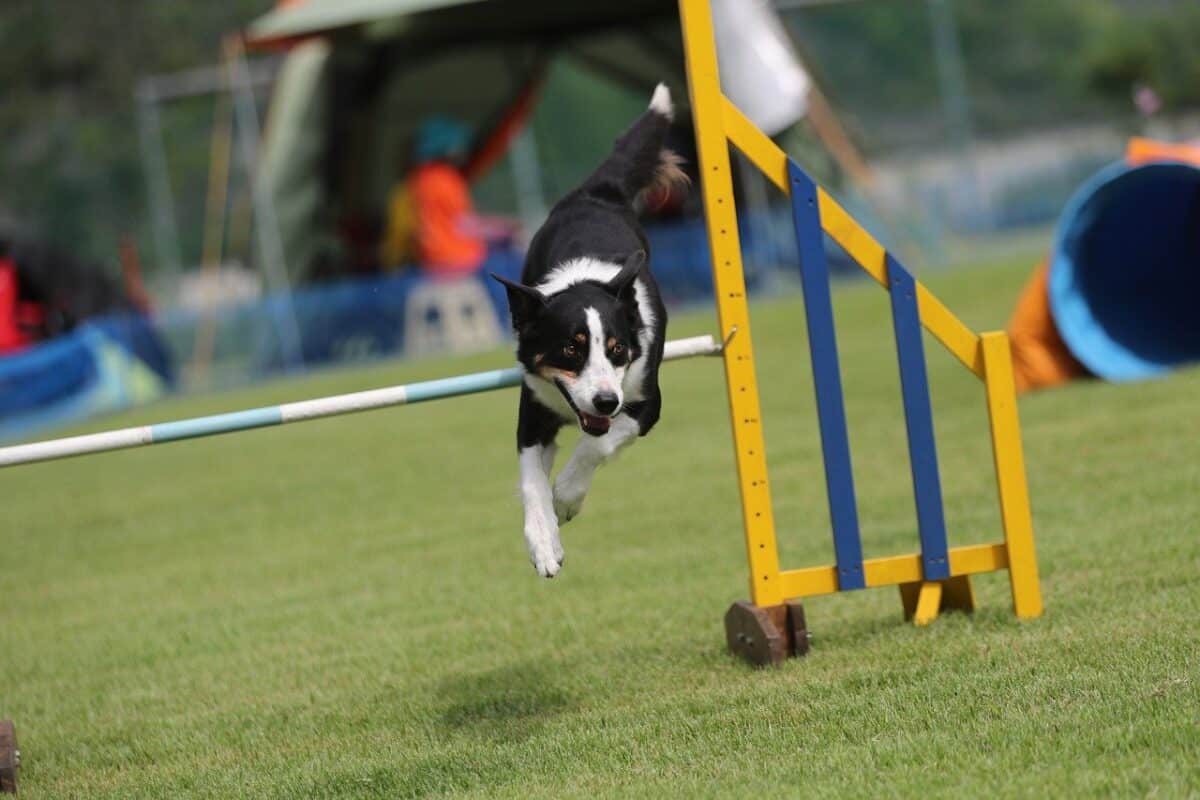 Shutterstock
Shutterstock
While physical exercise is crucial, mental stimulation is just as important for keeping your dog happy and well-behaved. Dogs are intelligent animals who can become bored or frustrated without enough mental challenges. Puzzle toys, interactive games, and training exercises are excellent ways to engage your dog’s mind. For dogs that struggle with anxiety or destructive behaviors, adding more mental stimulation can help redirect their energy into something productive. Simple activities like hide-and-seek, scent games, or teaching new tricks can go a long way in keeping your dog mentally satisfied and reducing problem behaviors.
The “Ah-Ha!” Moment Will Come Eventually
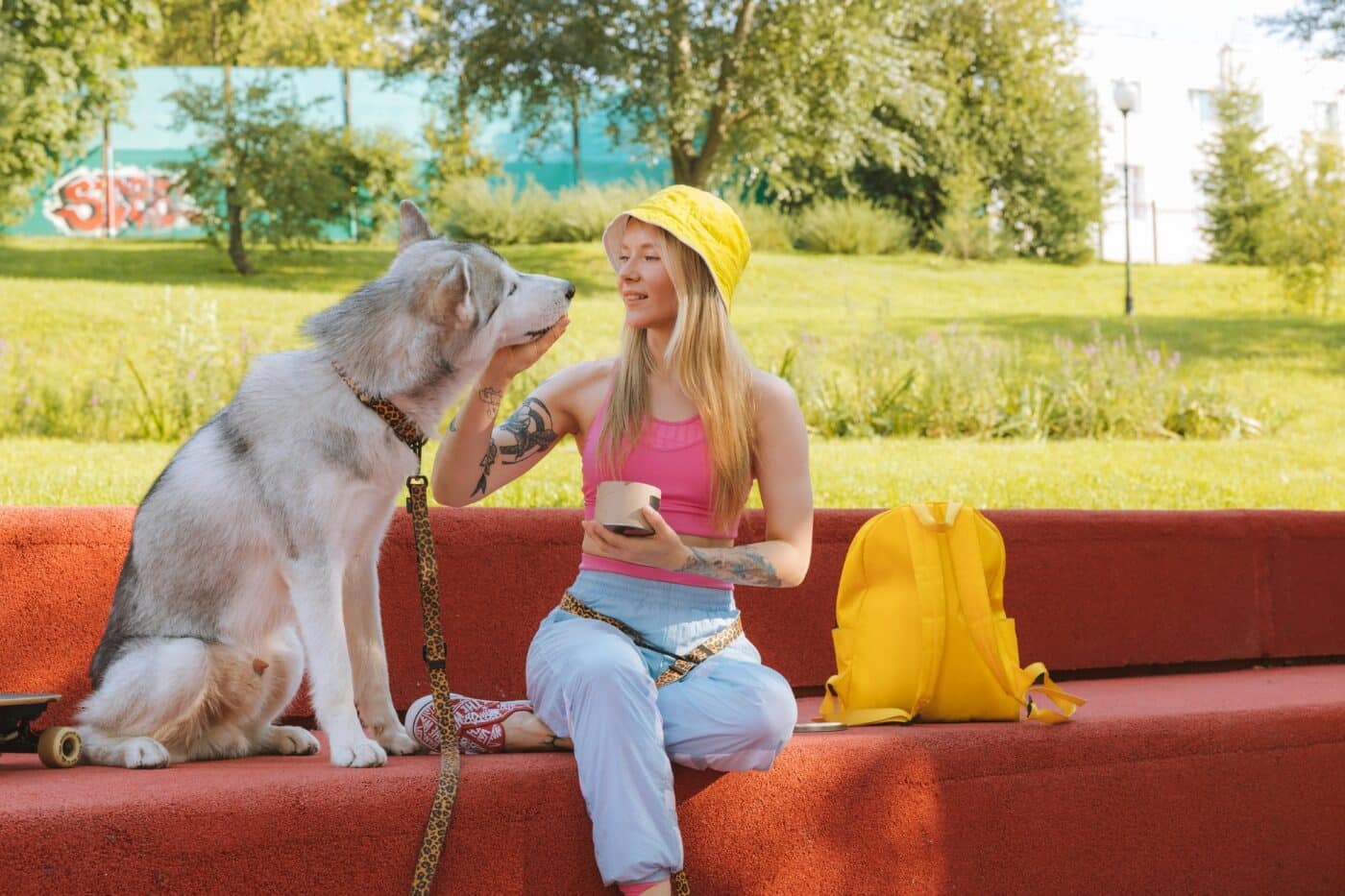 Shutterstock
Shutterstock
Progress with your dog, especially during struggles, is a marathon, not a sprint. Celebrate the small victories and trust that with consistency, patience, and dedication, the “ah-ha” moment will come. Every dog learns at their own pace—some pick up new habits quickly, while others need more time. Focus on the positive steps, no matter how small, and soon you’ll see the results of your hard work. In the end, overcoming these challenges together will strengthen your bond and deepen your relationship with your dog.
 Toledo, United States.
Toledo, United States.